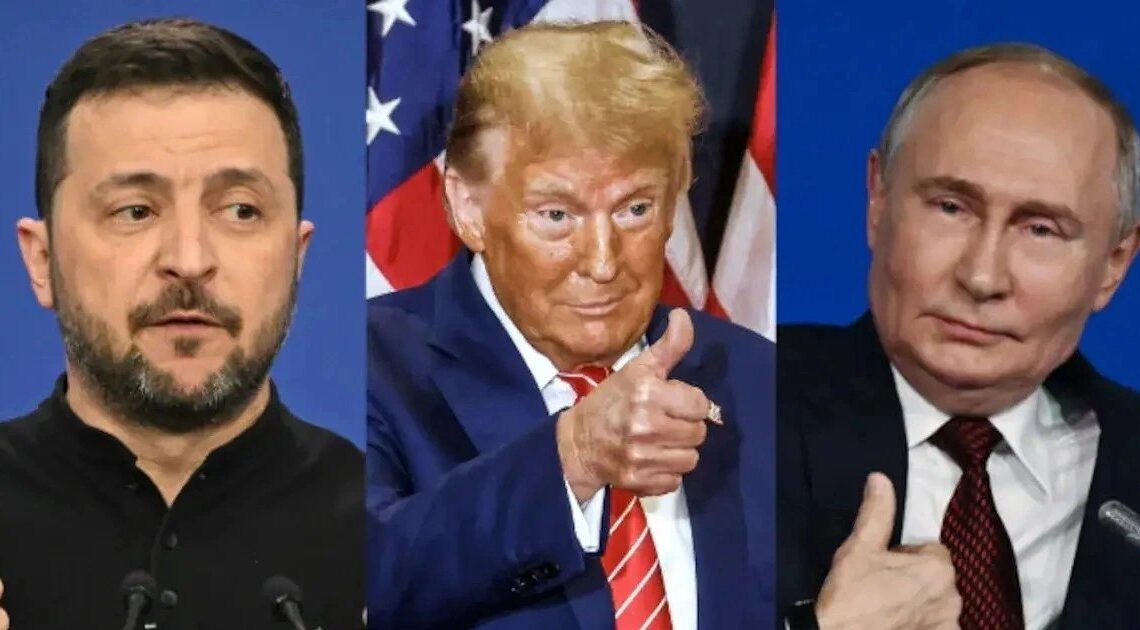The United States has been actively supporting Ukraine in its conflict with Russia, but behind the scenes, Washington is also engaging in discussions with Moscow on a different front—**rare earth mineral extraction**. This revelation has sparked intrigue and debate, as rare earth elements (REEs) are crucial for global technology, defense systems, and renewable energy. While geopolitical tensions between the U.S. and Russia remain high, these talks suggest a more complex and strategic approach to resource security.

Rare earth minerals are a group of **17 crucial elements** used in everything from **smartphones and electric vehicles to military equipment and satellite technology**. Despite their name, rare earths are not actually rare, but they are difficult and expensive to extract and refine. China currently dominates the rare earth supply chain, controlling over **70% of global production and processing capacity**. This monopoly has long been a concern for the U.S. and its allies, pushing Washington to explore alternative suppliers—including, surprisingly, Russia.
Russia possesses significant rare earth reserves but lacks large-scale mining and refining operations. By engaging in discussions with Moscow, the U.S. may be seeking to diversify its supply chain and reduce its reliance on China. This comes at a time when **global demand for rare earth elements is surging**, driven by the rise of electric vehicles, renewable energy initiatives, and the expansion of advanced defense technologies. Securing a stable supply of these critical minerals is now a top priority for the U.S. government.

However, these talks raise several **geopolitical and ethical questions**. How can the U.S. justify negotiating with Russia on rare earths while simultaneously imposing **sanctions and diplomatic pressure over the Ukraine war**? Some analysts argue that these discussions highlight the unavoidable reality of global resource dependencies, where national security concerns sometimes override ideological conflicts. Others believe that striking deals with Moscow could **undermine U.S. efforts to isolate Russia economically** and weaken the impact of Western sanctions.
The U.S. has been actively working to **strengthen its domestic rare earth production and refine partnerships with allies like Australia and Canada**, both of which have large deposits of these crucial minerals. Yet, despite these efforts, the process of developing new mining and refining capabilities takes years, if not decades. Meanwhile, Russia remains a potential supplier that could provide a faster, albeit politically controversial, solution to the U.S.’s rare earth supply challenges.

As these discussions continue, the global balance of power in **critical mineral resources** could shift dramatically. If the U.S. and Russia reach an agreement on rare earth extraction, it could signal a **pragmatic shift in diplomatic strategy**, where economic and security interests take precedence over geopolitical rivalries. On the other hand, if these talks collapse due to political tensions, the U.S. will likely continue seeking alternative sources while remaining heavily dependent on China. Either way, the battle for rare earth dominance is only just beginning, and its outcome will have far-reaching implications for technology, energy, and global security.
